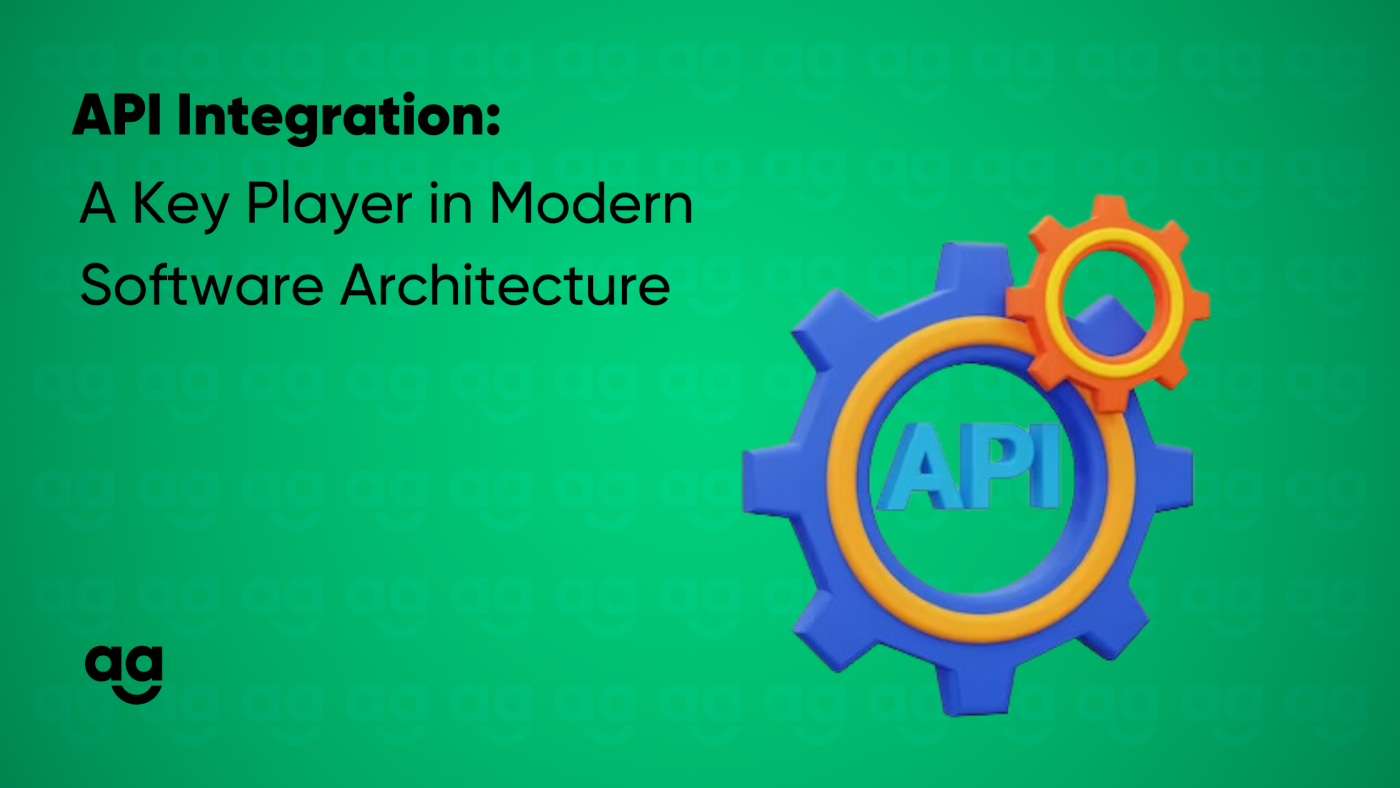Introduction
Software programmes are growing more integrated in today’s quickly changing technological environment, opening the door to smooth operation and communication. An essential component of contemporary software architecture, API integration is at the core of this connectedness. This blog will examine the value of API integration, how it improves software capabilities, and how organisations may profit from it.
The Foundation of Connectivity
The Application Programming Interface, or API, acts as a link between various software systems to facilitate communication. The process of integrating various applications and allowing them to exchange functionality and data is known as API integration. It serves as a common language for all systems, enabling data to be transferred across them regardless of the underlying technologies.
Enhancing Software Capabilities
Efficiency and Productivity
Processes are streamlined through API integration, which automates data transfer between apps. This automation minimizes the errors ,which results to low human interventions and improves overall operational effectiveness. As a result, companies can streamline their operations and boost output.
Seamless User Experience
API integration makes for a more hassle free and integrated experience from the user’s point of view. When disparate applications function well together, users can switch between them with ease and experience a seamless, interruption-free experience.
Innovation and Scalability
Because API integration lets developers use features from different sources, it promotes creativity. This encourages the creation of feature-rich applications without requiring the creation of new ones. Furthermore, API integration promotes scalability by enabling the addition of additional capabilities and services as company needs change.
The Benefits for Businesses
Economy of Cost
By utilising pre-existing features from other sources, API integration lowers development expenses. Instead of having to develop these features from the ground up, businesses may use third-party APIs to access services like social network integration, geolocation services, and payment gateways.
Duration to Market
Time-to-market is critical in the highly competitive field of software development. By allowing developers to concentrate on creating distinctive features rather than managing every part of a programme, API integration shortens development cycles. As a result, deployment and responding to market demands happen more quickly.
Improved Precision of Data
Errors that arise from human data entry are reduced when data sharing is automated via API connectivity. This improves the dependability of information across linked systems and guarantees data accuracy.
Ability to Adjust to Change
Enterprises function in ever-changing, dynamic contexts. Integration of APIs offers the adaptability required to adjust to changing market trends and technological advancements. Businesses may quickly adapt their software architecture to meet changing requirements, whether it’s integrating new functionality or increasing operations.
Real-world Applications
Online shopping
For e-commerce platforms to function and work properly, order processing, inventory management, and secure payment gateways must be integrated via APIs. E-commerce companies are able to provide a seamless and effective purchasing experience by integrating different components in a seamless manner.
Integration of Social Media
Social media platforms employ API integration to let users share content, access social networks from other apps, and log in using their social media credentials. The reach of integrated applications is expanded and user engagement is improved by this interconnection.
Cloud-Based Services
The interoperability of cloud-based applications is largely dependent on API integration. Businesses may access storage, processing power, and other resources by connecting to cloud services, making infrastructure more scalable and economical.
Conclusion
In the modern software landscape, API integration is essential because it allows companies to reach new heights of connectedness, productivity, and creativity. Businesses must embrace and harness the power of APIs in their software architectures as the need for seamless integration will only increase with the advancement of technology. Adopting API integration is a strategic requirement for companies looking to remain responsive and competitive in the current digital environment, not just a technology decision.







 Shipping
Shipping







